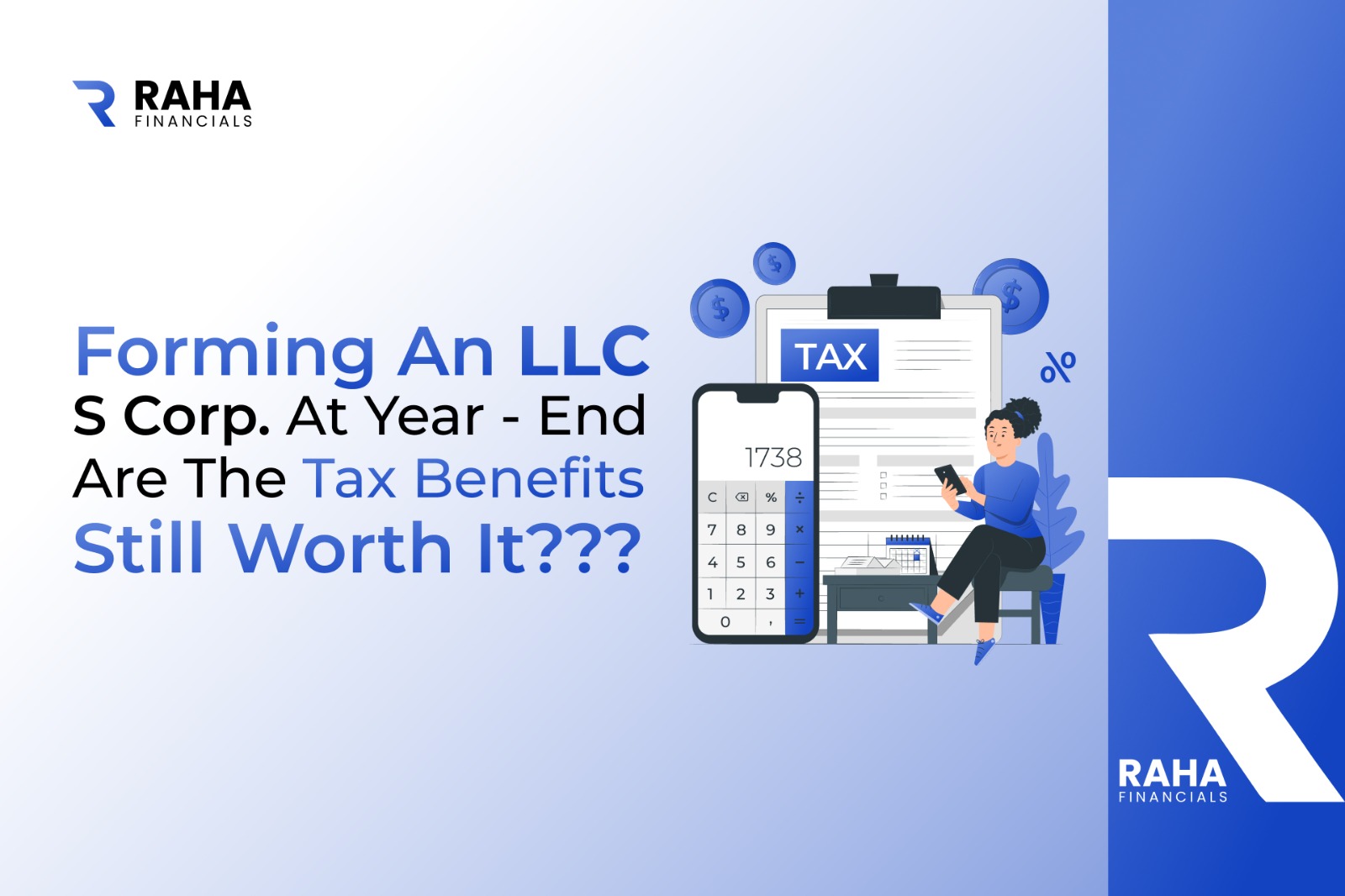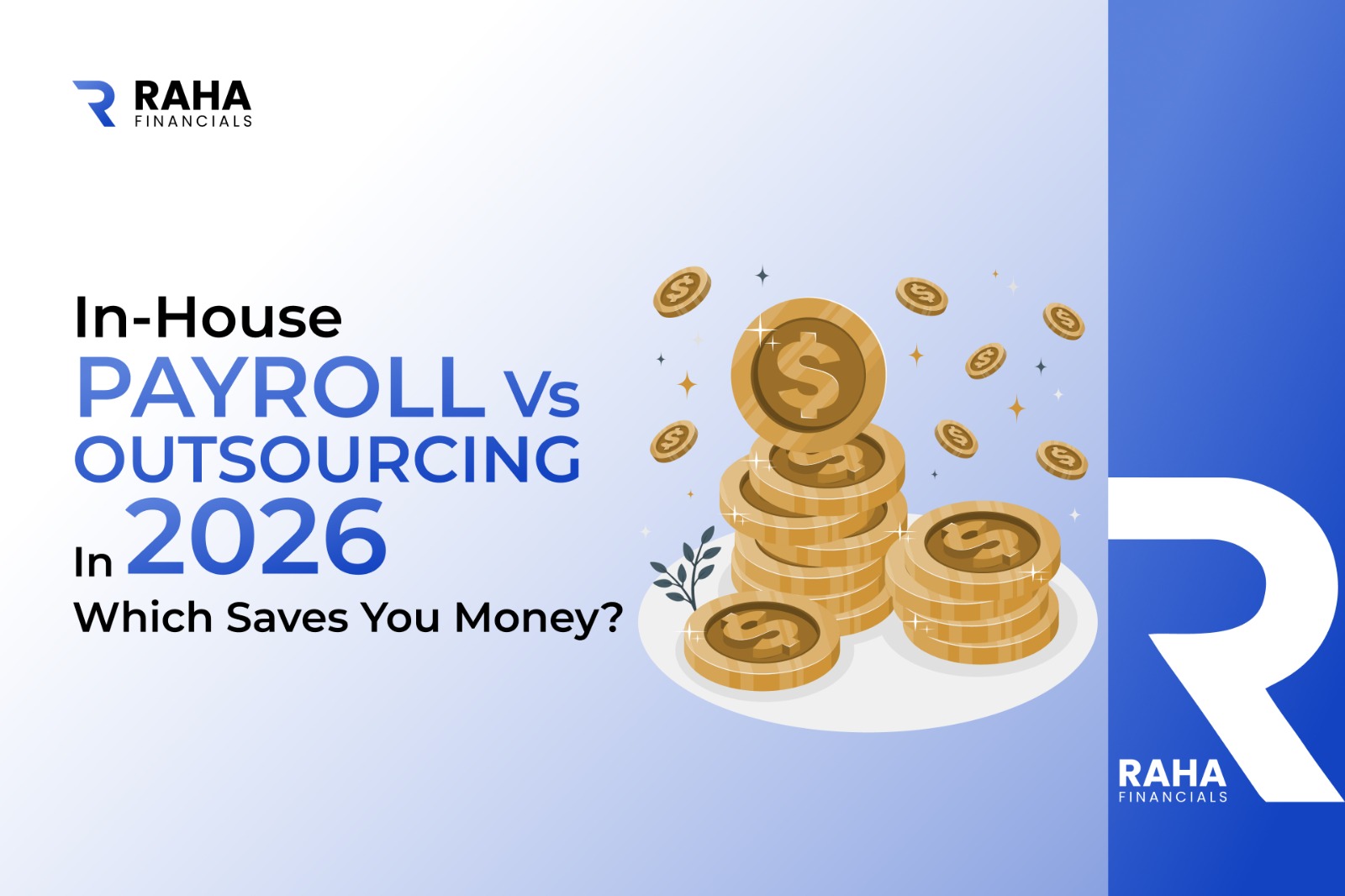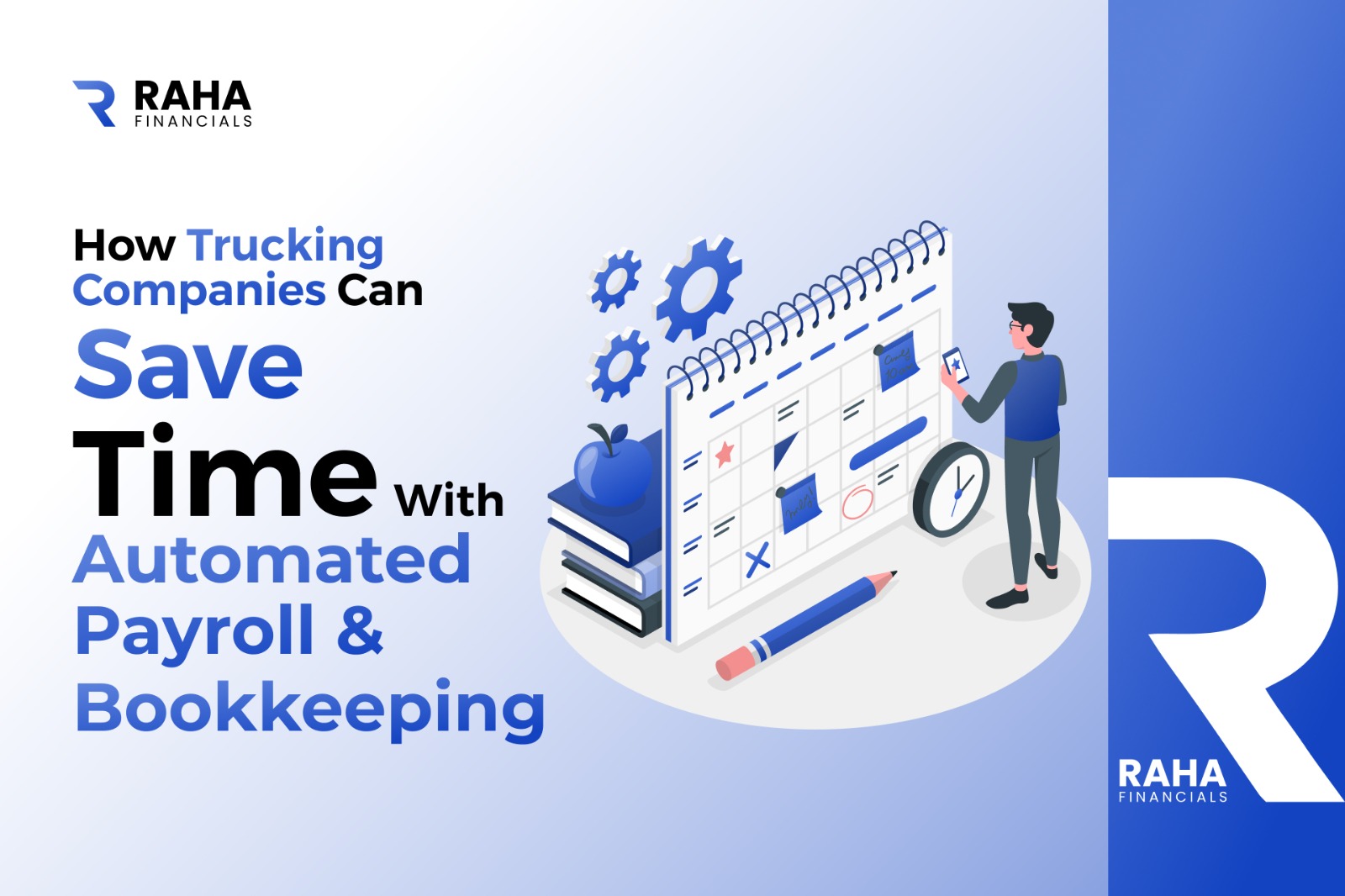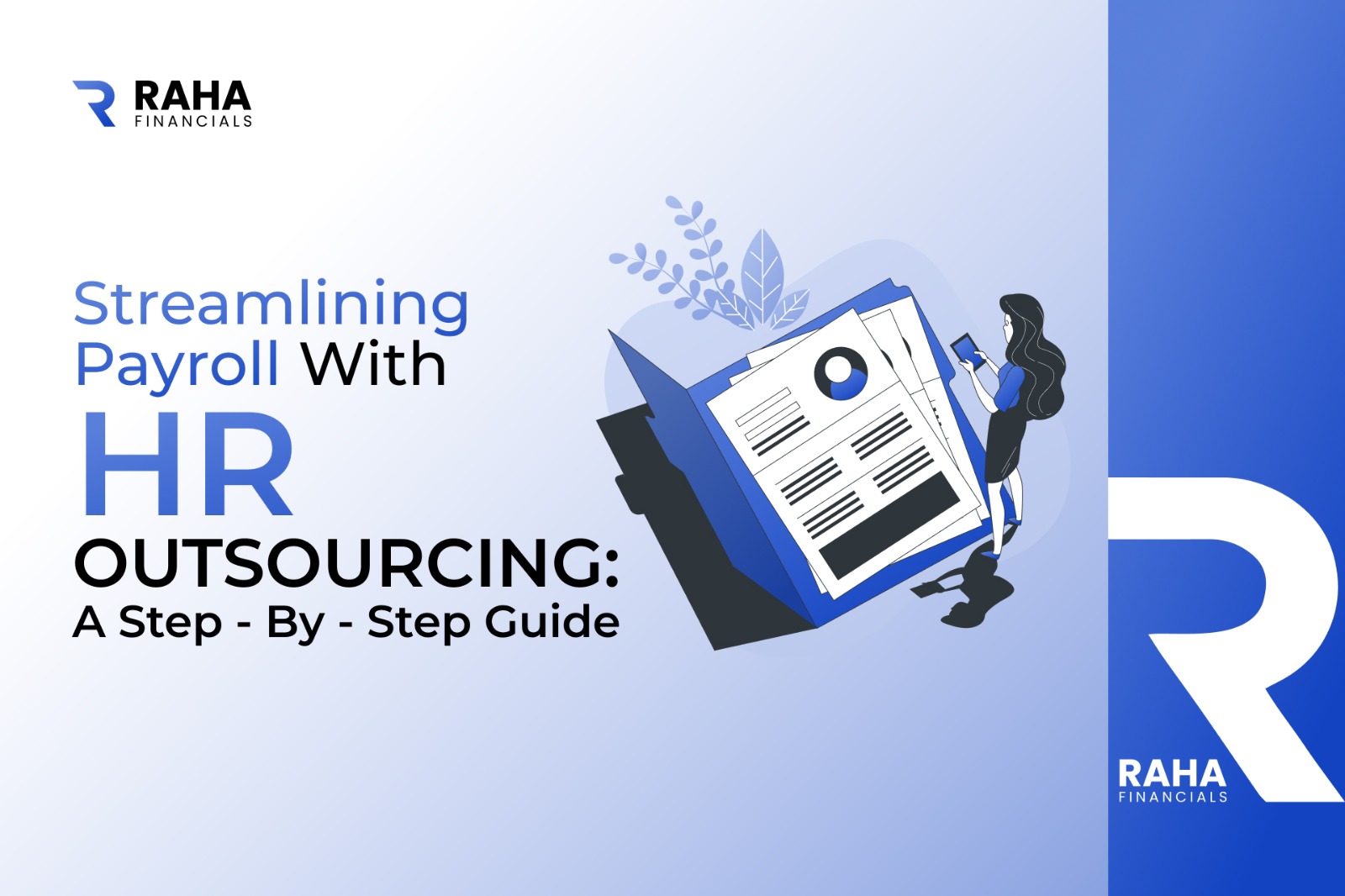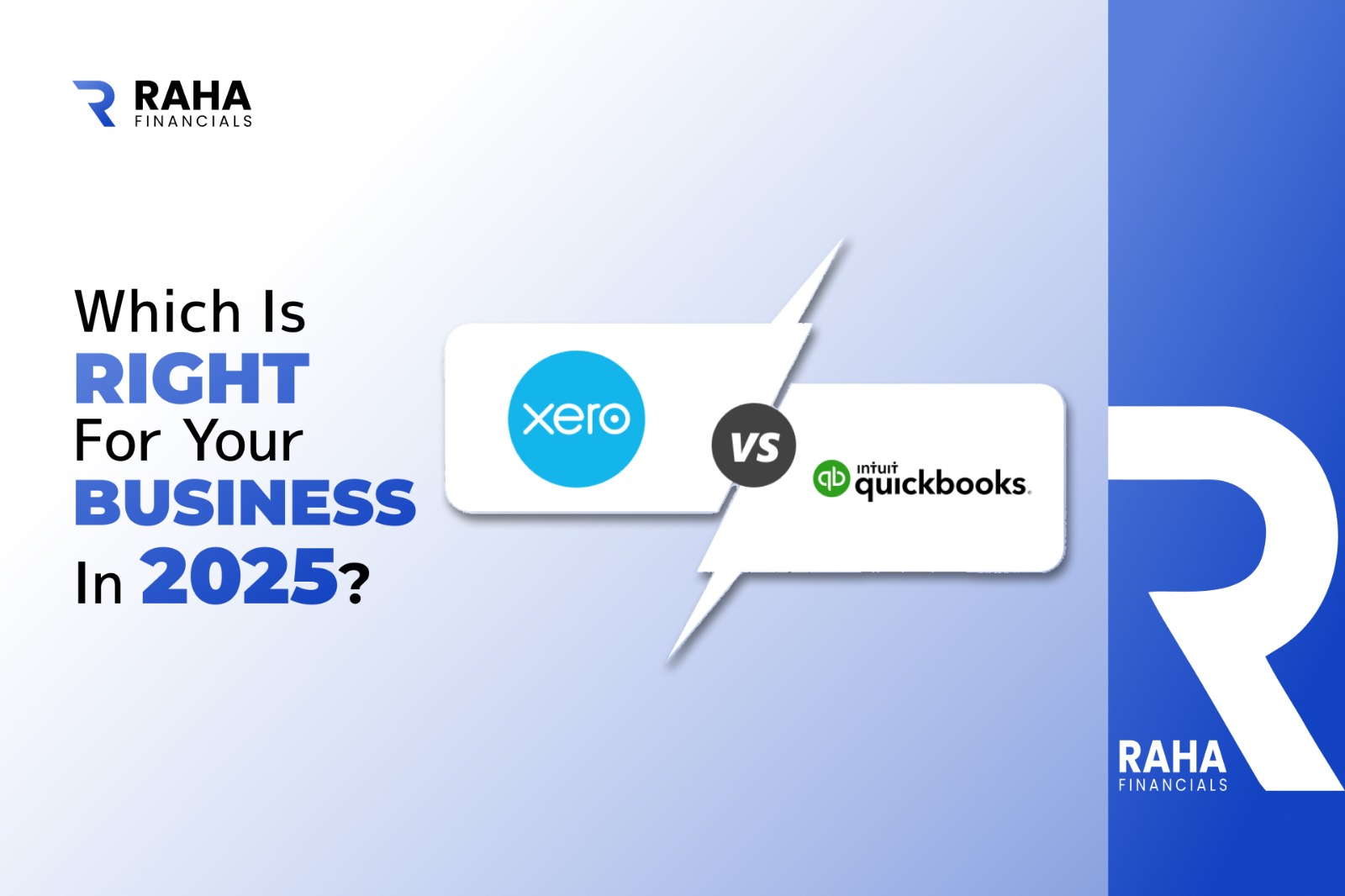Managing finances in a nonprofit organization isn’t just about keeping the books balanced — it’s about building trust, maintaining transparency, and ensuring every dollar supports your mission. However, NGO accounting comes with its own unique challenges. From fund accounting to compliance issues, the financial side of running an NGO can feel overwhelming.
In this guide, we’ll break down the top 10 accounting tips for NGOs to help you stay organized, compliant, and mission-focused.
Why Is NGO Accounting So Challenging?
Nonprofits operate differently from for-profit businesses. You’re dealing with multiple funding sources, strict donor restrictions, and complex reporting requirements. Common pain points include:
- Managing restricted vs unrestricted funds
- Preparing reports for grantors and regulatory agencies
- Ensuring transparency for donors
- Navigating audits and compliance
Understanding nonprofit accounting challenges is key to overcoming them. Let’s dive into the solutions.
1. Understand Fund Accounting Principles
Unlike businesses, NGOs must track revenue according to donor restrictions. Fund accounting is essential.
- Separate restricted, unrestricted, and temporarily restricted funds
- Track how donations are spent according to donor instructions
- Use accounting software designed for fund accounting
2. Choose the Right Accounting Software for NGOs
Generic bookkeeping tools won’t cut it for nonprofits. Look for:
- Fund accounting capabilities
- Grant tracking features
- Reporting tools for nonprofit compliance
- Integration with donor management systems
Popular choices include QuickBooks for Nonprofits, Aplos, and Sage Intacct.
3. Establish a Clear Chart of Accounts
A well-structured chart of accounts simplifies everything from budgeting to reporting.
- Set up accounts for each program, project, or grant
- Separate administrative expenses from program costs
- Review and update regularly as your organization evolves
Shortcuts in your chart of accounts lead to major headaches during audits!
4. Maintain Strong Internal Controls
Protect your nonprofit from fraud and financial mismanagement with solid internal controls.
- Require dual signatures on checks
- Separate duties (e.g., the person recording donations shouldn’t deposit them)
- Conduct monthly reconciliations
- Regularly review financial statements with leadership
Internal controls are not just for big NGOs. Every nonprofit needs them!
5. Budget Wisely and Revisit Often
A nonprofit budget isn’t “set it and forget it.” Build flexibility into your financial planning.
- Forecast both revenue and expenses
- Plan for restricted and unrestricted funds
- Include an emergency fund if possible
- Review your budget quarterly to adjust for new grants, projects, or economic changes
Accurate budgeting supports your mission and builds donor trust.
6. Track Grants and Donor Restrictions Carefully
Grantors often have strict rules about how funds are used.
- Create separate income and expense accounts for each grant
- Monitor spending against grant budgets
- Keep detailed documentation for grant reporting
This ensures compliance and boosts your chances of securing future funding.
7. Prepare for Audits Year-Round
Don’t scramble when audit time comes. Stay ready all year.
- Maintain organized financial records
- Document all policies and procedures
- Conduct an internal financial review semi-annually
- Build a relationship with an auditor familiar with nonprofit accounting
Audits are smoother when good record-keeping is a daily habit.
8. Separate Operational and Program Expenses
Transparency in how you use donations is critical.
- Track administrative expenses (e.g., salaries, office rent)
- Track program expenses (e.g., program supplies, direct project costs)
- Calculate and report your overhead rate accurately
Many nonprofit accounting challenges stem from poor expense classification. Get this right from the start.
9. Regularly Train Staff and Volunteers on Financial Best Practices
Accounting isn’t just the finance team’s responsibility.
- Offer basic training on fund handling, expense reporting, and compliance
- Create easy-to-follow financial procedures
- Update training annually to reflect any changes
When everyone understands the rules, mistakes and risks decrease.
10. Work with an NGO Accounting Expert
Sometimes it’s best to bring in a professional.
- Hire a nonprofit accountant to set up or review your system
- Outsource bookkeeping if needed to ensure accuracy
- Consult a CPA who specializes in nonprofit audits and IRS Form 990 preparation
Expert help can save you thousands and strengthen donor confidence.
Final Thoughts: Make NGO Accounting a Strategic Strength
Navigating nonprofit accounting challenges doesn’t have to be stressful. With clear processes, good tools, and a strong understanding of fund accounting, your NGO can build financial health and credibility.
Ready to streamline your NGO accounting? Contact us today to learn how our nonprofit accounting specialists can support your mission with expert bookkeeping, fund tracking, and compliance services.

